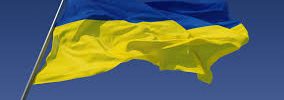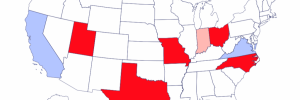
Yingdan Lu, director of the Computational Media and Politics Lab at Northwestern University and CCPP faculty affiliate, has published a new article in Political Communication examining how celebrity fan communities engage with state propaganda on social media platforms in China. The article, “Performative Propaganda Engagement: How Celebrity Fans Engage with State Propaganda on Weibo,” offers








